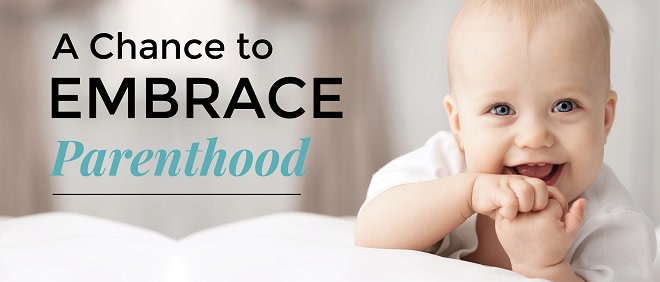
Rainbow Fertility launched in Australia to provide dedicated advice on family options for the LGBTI community.
At Rainbow Fertility we recognised that families come in all different shapes and sizes and that there was a lack of information regarding fertility services for LGBTI people.
The response to Rainbow Fertility’s concept since launching has been encouraging with enquiries coming from across the country.
We have patients even flying from Perth to visit our Melbourne and Brisbane centres for appointments!
A study in America reported a chronic lack of online availability of education materials regarding assisted reproductive technology (ART) options for LGBTI people.
The Boston University study published in the journal Human Reproduction said the findings add to the growing body of work showing disparities in the treatment of LGBT persons compared to the overall population.
So what does Rainbow Fertility offer to try and fill the void of information and fertility services tailored to LGBTI people?
We offer a wealth of knowledge, support and options to help you make the right choices about starting a family. Here are just a few of the many topics we can discuss with you.
Being gay doesn’t mean you have to miss out in the joy of parenthood. There are options available for gay couples and singles looking to start a family.
Surrogacy is one option and it refers to an arrangement whereby a woman (the surrogate) agrees to conceive, carry and birth a child for the intended parent/s to raise. A surrogate can assist gay couples or single gay men in their efforts to become parents. However, surrogacy is a highly complex process which needs careful consideration.
Lesbian couples have the opportunity to both become physically involved in the conception of their baby if they opt for a method called Partner IVF. Essentially, one partner provides the egg and the other carries the pregnancy once the egg has been fertilised with donor sperm.
One of the first things that a lesbian woman or couple undergoing fertility treatment will need to do is choose a sperm donor. Sperm donors are classified as either ‘known’ or ‘clinic-recruited’ depending on the type of relationship between the donor and the woman/couple. Rainbow Fertility can assist women whichever way they choose to proceed.
Transgender people should be comforted to know that there are options available to them when it comes to considering having a family.
The options vary depending on a number of circumstances including whether you are partnered with a female, male or are single and whether you have undergone hormone therapy or sex-reassignment surgery.
While not all transgender people opt for hormone therapy or sex-reassignment surgery, it is important to know that your fertility options are broader prior to these processes taking place, as both egg and sperm can be frozen for use at a later time.
We offer a tailored service to each of our intersex patients, based around their very specific needs. Our staff will take the time to better understand how we might be able to help.
Being aware of what impacts your reproductive health is vital as LGBTI people and couples may encounter similar infertility issues as heterosexual couples. Fertility issues can be caused by a variety of factors including increasing maternal age, lifestyle, environmental factors and medical conditions among others.
If your desire is to start exploring the options to build a family of your own, Rainbow Fertility will welcome you with open arms and an open mind. Call us today on 1300 222 623 or email info@rainbowfertility.com.au
Image courtesy of Shutterstock.com